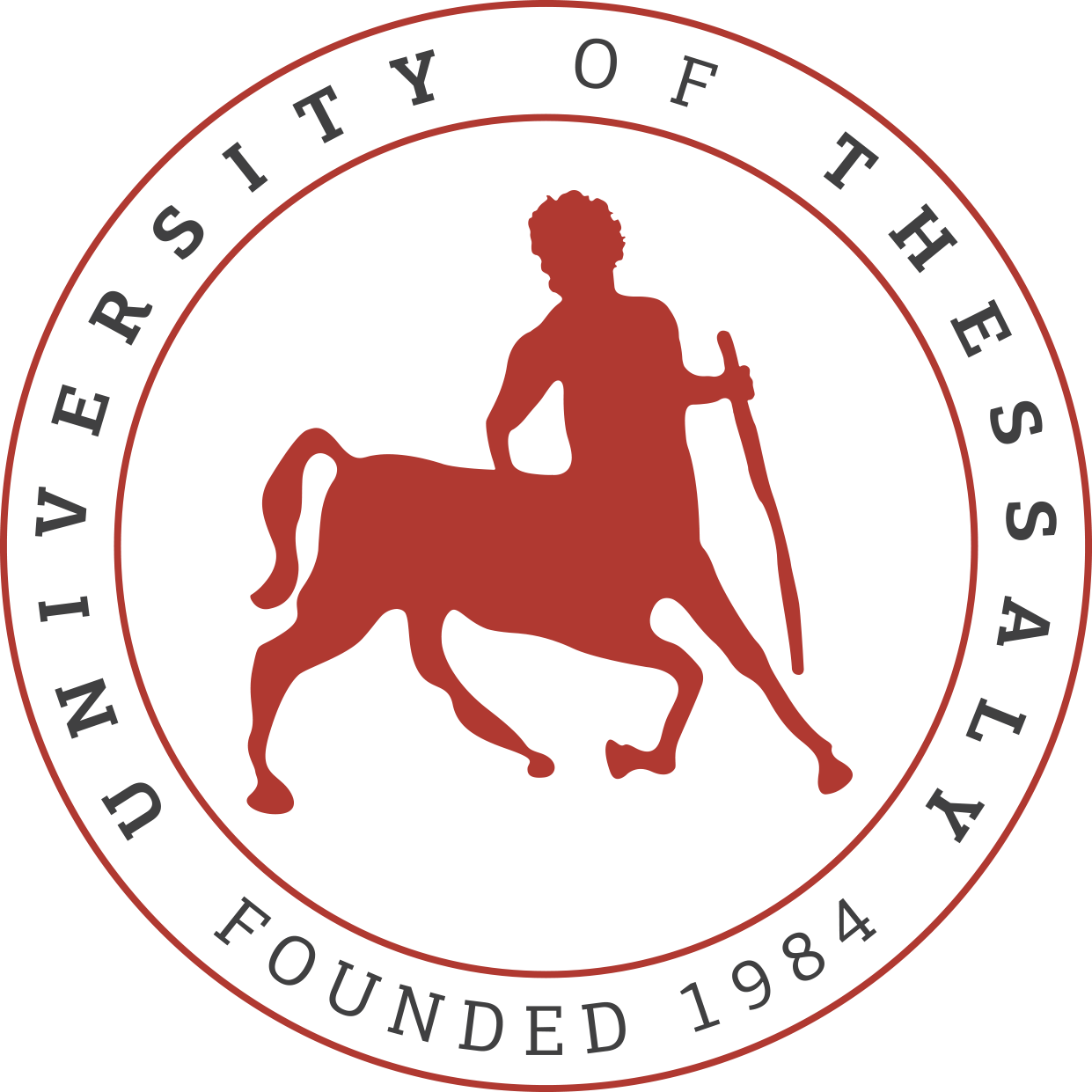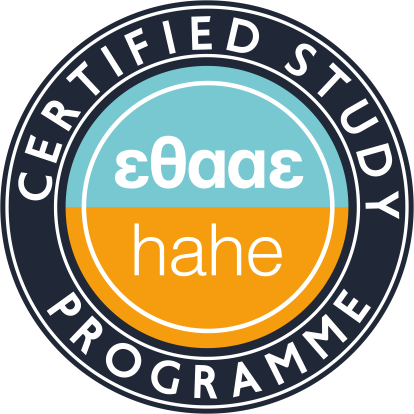Education for Peace and Human Rights-Children’s Rights
Course Code (in greek): ΠΔ1220
ECTS Units: 5
Semester: 5
Professor: Pantazis Vassilis A.
The course has an introductive and theoretical character. It deals with international conventions on Human Rights, what is Education on Peace and Human Rights and its background and history. It looks into topics that are related to Peace Education or contribute to understanding its conflicts. The term “human rights education” is often used in this resource in a broader sense, to also include education for democratic citizenship and education for mutual respect and understanding, which are all based on internationally agreed human rights standards. These areas are seen as interconnected and essential within educational systems in order to prepare the students to be active, responsible and caring participants in their communities, as well as at the national and global levels. Human rights education has been defined as education, training and information aimed at building a universal culture of human rights. A comprehensive education in human rights not only provides knowledge about human rights and the mechanisms that protect them, but also imparts the skills needed to promote, defend and apply human rights in daily life. Education for democratic citizenship focuses on educational practices and activities designed to help the students to play an active part in democratic life and exercise their rights and responsibilities in society. Education for mutual respect and understanding highlights self-respect, respect for others, and the improvement of relationships between people of differing cultural traditions.


